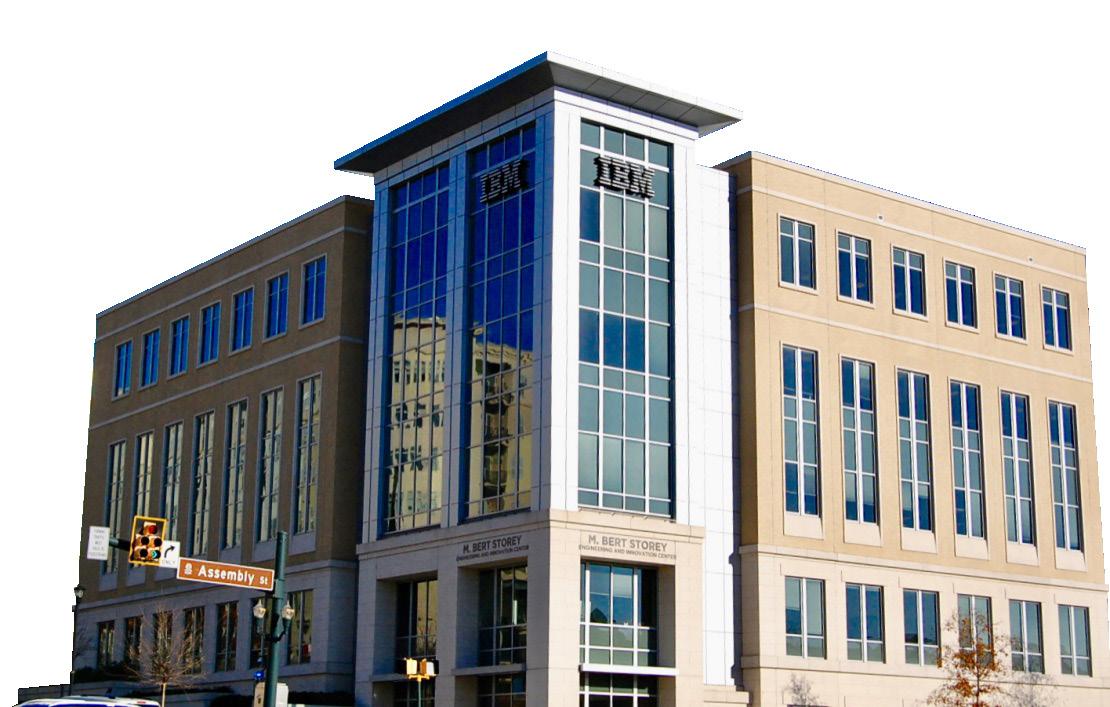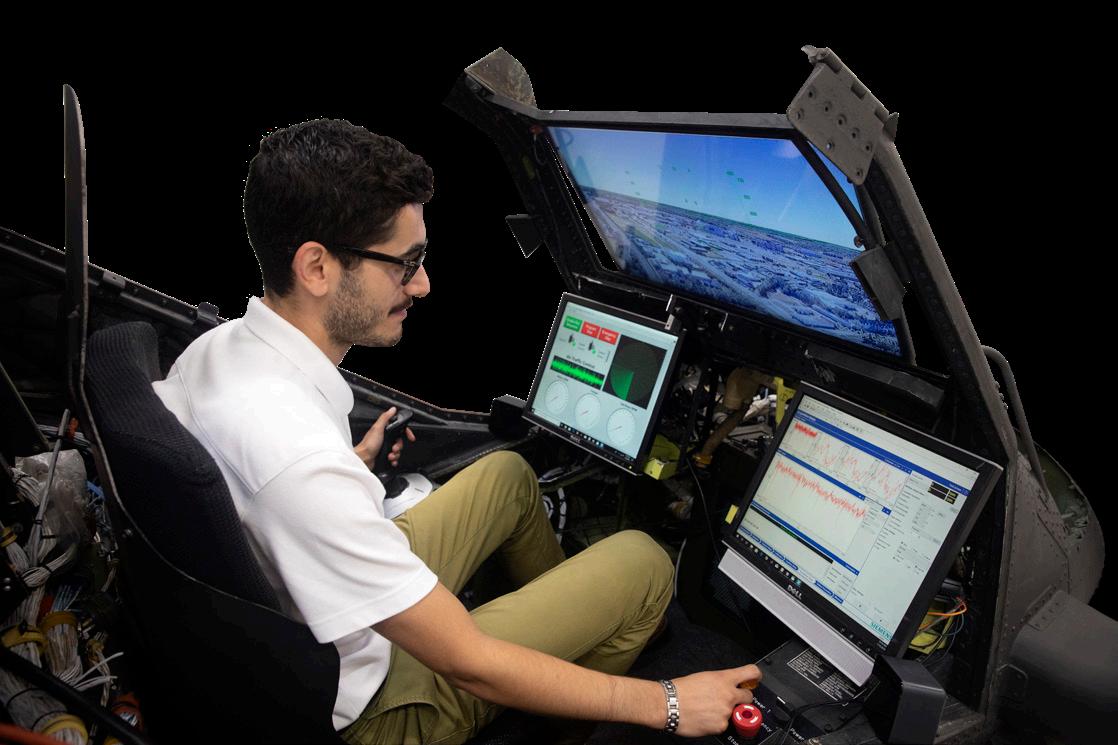
1 minute read
Innovative Capacity
Observations
• While we have not seen significant change over time in the Columbia region, it consistently serves as home to a higher-than-average percentage of advanced degree-holders.
Advertisement
• Columbia has slowly declined in the area of SBIR/STTR tech transfer awards, currently ranking last among our peers with major research universities — an indicator of limited commercialization activity. Overall, our research activity on a per capita basis is among the lower half of our peers.
• In line with the decline in knowledge workers, we’ve seen Columbia’s share of computer, science and engineering employees slip over the past few years.
• Previously, this index included measuring the number of utility patents per 10,000 workers. However, the U.S. Patent Office has stopped updating regional patenting information, so this metric has been removed.
• It’s no secret that the Columbia region is home to a large government and military presence (over 50,000 employees), along with a major research university. Yet, a minimal amount of federal defense research funding — one of the single largest pots of research funding — has gone to this region.
Brag Inspiration
The University of South Carolina’s McNAIR Aerospace Center is a model for groundbreaking research funded by both industry and federal sources. Its research portfolio includes the following:
• Advanced composites and materials — a partnership with Boeing
• Predictive maintenance analytics for aircraft — a partnership with the Department of Defense

• Unmanned aerial vehicles — a partnership/ collaboration with both private-sector and federal partners
Research Strategy at UCF
The University of Central Florida has developed exceptional research capacity, with a goal of doubling their research funding within a five-year span. Key strategies for their success include the following:
• Encouraging the pursuit of cross-disciplinary research projects, meant to address the wide-reaching challenges faced by industry and government partners
• Emphasizing entrepreneurship and industry-partnered research to create a system that rewards researchers performing high-value work
• Recruiting new research-focused faculty to broaden the University’s capabilities and enhance its global profile
• Developing and tracking consistent metrics in teaching, research and social impact to measure the University’s progress over time
Opportunity
Given Columbia’s existing research strengths, its developing connections to the Department of Defense, and its proximity to UofSC, Fort Jackson, Shaw Air Force Base and numerous federal and state government offices, the region has an opportunity to enhance its federal research capacity in areas such as cybersecurity, artificial intelligence and renewable energy. To capitalize on this, a coordinated approach to the pursuit of DoD research funding must be created, incorporating UofSC leadership, local governments, regional economic development organizations and the S.C. Department of Commerce to guide strategic investments in secure infrastructure and








